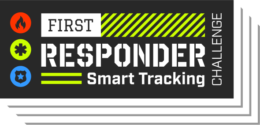First Responder Smart Tracking (FRST)
Challenge Overview
As first responders scour a building during search and rescue, the ability for incident commanders to know exactly where they are provides immense safety benefits. Having accurate location data in a structure is vital to their safety, especially in life-and-death situations where every second counts.
Risk is a reality of emergency response, and reducing this risk allows for faster and safer emergency engagements. Technologies that could potentially provide better situational awareness to first responders have developed rapidly over the past decade, with many wireless devices and sensors emerging within the global context of the Internet of Things (IoT). However, first-responder technology significantly lacks situational awareness regarding three-dimensional positioning inside building structures; while GPS can determine someone’s coordinates outdoors, it often cannot accurately determine where someone is inside a structure or which floor of a building they’re on.

Understanding a responder’s location in all three dimensions is invaluable to first responder coordination and safety. In this challenge, you’ll explore how 3D tracking technology can be used in high-stress, time-sensitive environments. Successful participants will produce a technology that can track first responders to <1 meter accuracy in three dimensions, with no pre-deployed infrastructure and in a variety of non-ideal environments. It is essential that the solutions developed and submitted in the final phase of the competition meet the diverse needs of first responders and are affordable.
Led by the Crisis Technologies Innovation Lab in the Pervasive Technology Institute at Indiana University, and funded by an $8 million cooperative agreement from the Public Safety Communications Research Division of the National Institute of Standards and Technology, the Prize money will be awarded in each phase of the competition with a total of $5.6 million in prize funds awarded across five phases of the competition.
Awards
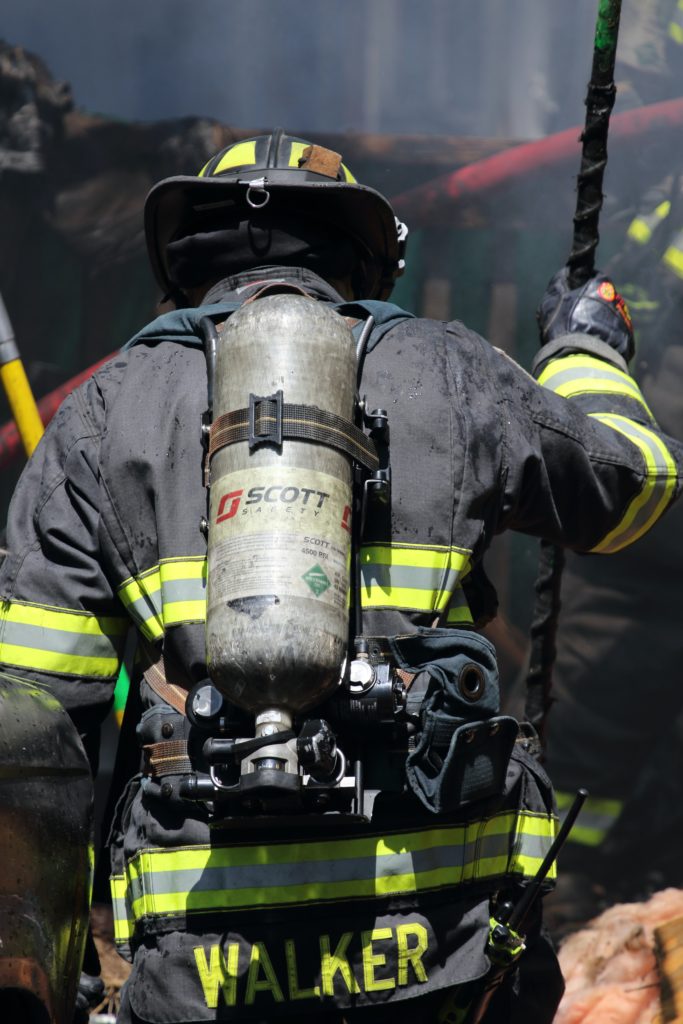
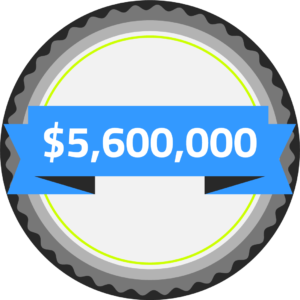
A total of up to $5.6 million in prizes and support funding will be distributed across all five phases to support participants as they purchase materials, form teams, and create partnerships to develop their innovation. Prize money grows as teams advance through each phase, and several winners will ultimately be selected in Phase 5 to receive the largest cash prizes.
Travel assistance prizes will also be distributed to winning teams who attend the live field-testing events and PSCR annual stakeholder meeting, along with business development and entrepreneurial support to help bring innovations to market.
Significant attention will be spent to ensure participants with strong ideas, algorithms, or otherwise partial solutions have opportunities to collaborate and coalesce their ideas with other participants. To this end, teams need not be fully set until the end of Phase 3; fluidity across teams is encouraged in the early phases. Walk-on participants will be allowed in Phases 2 and 3. Participants who are not selected as winners through the first two phases are permitted to engage in future phases with continued chances to win funds.
Get Involved: I Am A
Each team is required to maintain a first responder partnership throughout the FRST Challenge to ensure the solutions they develop are practical and helpful for the first responder market. Teams have the opportunity to win prize money allocated for first responder partners as they advance through the competition.
If you’re interested in getting involved as a team mentor, please fill out the competition interest form and indicate that you are looking to be matched with a team. As teams sign up for the competition, we will facilitate partnerships between unmatched first responders and teams.
If you are more interested in helping the competition management team, fill out the competition interest form and indicate you wish to be an expert advisor. We will work with first responders on providing education, training, and mentoring programs for all teams.
Individuals are welcome to enter the competition without a team, provided they meet the eligibility requirements outlined on the Rules page. Please fill out the competition interest form as a competitor.
Individuals are free to join teams or transfer between rosters as the competition progresses, meaning that even competitors who have partial solutions or specific expertise should enter the competition and proceed to form a well-rounded team with other entrants.
Sign up for updates at the top of this page.
- Learn more about the challenge phases, problem, emergency scenarios, submission requirements, and eligibility terms to participate in this prize challenge. Team up with a public safety partner and complete the registration form (available soon) to set up your participant profile.
Submit your entry.
- Log in and complete your submission on the challenge portal. Walk-on competitor teams are welcome to Phase 3 submissions – due October 3, 2022.
Companies, individuals, standards groups, government agencies, researchers, and others are encouraged to work with the competition administration team and support the participants as they move through the competition. We will offer an extensive program of education, training, and mentoring programs for teams, and we will facilitate introductions to partners who have products and services they might use in their prototypes. If interested in learning more, please fill out the competition interest form and indicate you are interested in partnering with a FRST Challenge team.
If you are interested in participating, learning more, or wanting to stay informed of new developments with this challenge, we want to hear from you: info@FRSTchallenge.com.
Sign up to get regular updates below, or join us on twitter @FRSTChallenge.
Challenge Criteria
The goal of the FRST Challenge is for participants to produce marketable prototypes that demonstrate indoor localization and tracking of first responders within 1-meter accuracy in a variety of buildings without any pre-deployed infrastructure. Marketable prototypes will be robust for first responder use cases, scalable across diverse organizations and communities, and affordable for first responder organizations. The formal rules for each phase will be published on challenge.gov before each phase of the competition.*
As the challenge moves from the whitepaper concept presented in Phase 1 to robust prototypes in Phase 5, the teams will be evaluated with the following criteria.
Criteria
Metrics
Accuracy
Ease of Deployment
Practicality and efficiency of the infrastructure needed to deploy and use a team’s solution.
Robustness
Ability to operate effectively in multiple scenarios, adverse conditions, and environments. This score is also based on the solution’s durability, flexibility, and expected maintenance needs.
User Experience
Subject matter experts’ analysis and experience during live field testing. Proposed solutions should be easy and simple for personnel to use in a variety of situations in the field.
Cost Feasibility
Metrics associated with cost and how practical an implementation would be for first responder groups of varying size.
Business Development Plan
A team’s proposed business development, commercialization, licensing, and related goals.
Extensibility
Ability of the prototype to utilize various types of data and infrastructure. While the core system must operate without pre-deployed infrastructure, if specific tools, data, and services are provided, can the systems use it. This might include items such as electronic maps, cellular and WiFi networks, and GPS signals.
*Criteria are subject to change in weights and definitions as the challenge progresses. The exact judging criteria will be released with the challenge rules and become official when published on challenge.gov.

Timeline
| Submission | Due Date |
| First Phase Applications Due | March 21, 2022 – COMPLETE |
| Second Phase Applications Due | May 16, 2022 – COMPLETE |
| Third Phase Applications Due | October 3, 2022 – COMPLETE |
| Fourth Phase Live Field Testing | March 27-31, 2023 |
| Fifth Phase Advanced Live Field Testing | October 23-27, 2023 |
special Thanks to

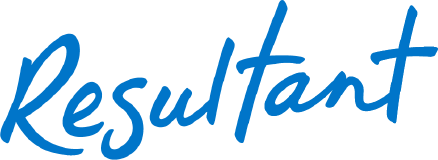


Funded by:
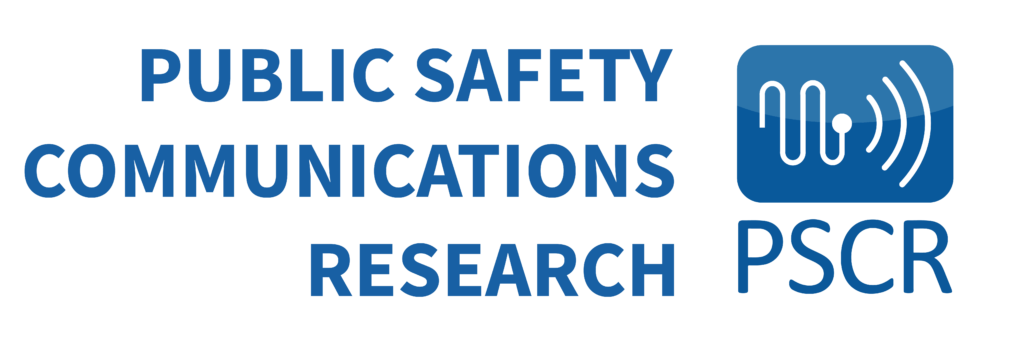
Interested in Helping?
We are looking for partners to help take our competitor’s innovations to market. If you think you can help, please reach out to our staff below.
